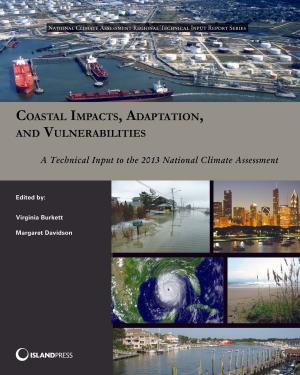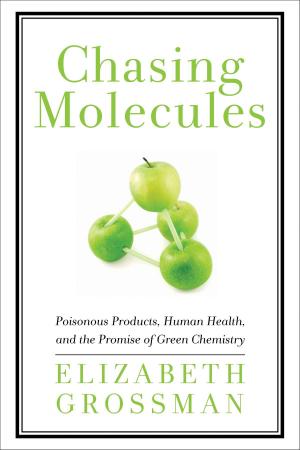A Pivotal Moment
Population, Justice, and the Environmental Challenge
Nonfiction, Social & Cultural Studies, Political Science, Government, Public Policy, Health & Well Being, Health, Women&| Author: | Laurie Ann Mazur, Martha Farnsworth Riche, Steve Sinding, Tim Wirth, Tim Cohen, Susan Gibbs | ISBN: | 9781610911412 |
| Publisher: | Island Press | Publication: | September 26, 2012 |
| Imprint: | Island Press | Language: | English |
| Author: | Laurie Ann Mazur, Martha Farnsworth Riche, Steve Sinding, Tim Wirth, Tim Cohen, Susan Gibbs |
| ISBN: | 9781610911412 |
| Publisher: | Island Press |
| Publication: | September 26, 2012 |
| Imprint: | Island Press |
| Language: | English |
Through a series of essays by leading demographers, environmentalists and reproductive health advocates, A Pivotal Moment offers a new perspective on the complex connection between population dynamics and environmental quality. It presents the latest research on the relationship between population growth and climate change, ecosystem health and other environmental issues. It surveys the new demographic landscape—in which population growth rates have fallen, but human numbers continue to increase. It looks back at the lessons learned from half a century of population policy—and forward to proposetwenty-first century population policies that are sustainable and just.
*A Pivotal Mom*puts forth the concept of “population justice,” which is inspired by reproductive justice and environmental justice movements. Population justice holds that inequality is a root cause of both rapid population growth and environmental degradation. As the authors in this volume explain, to slow population growth and build a sustainable future, women and men need access to voluntary family planning and other reproductive health services. They need education and employmopportunities, especially for women. Population justice means tackling the deep inequities—both gender and economic—that are associated with rapid population growth and unsustainable resource consumption. Where family planning is available, where couples are confidtheir children will survive, where girls go to school, where young men and women have economic opportunity—there couples will have healthier and smaller families.
Through a series of essays by leading demographers, environmentalists and reproductive health advocates, A Pivotal Moment offers a new perspective on the complex connection between population dynamics and environmental quality. It presents the latest research on the relationship between population growth and climate change, ecosystem health and other environmental issues. It surveys the new demographic landscape—in which population growth rates have fallen, but human numbers continue to increase. It looks back at the lessons learned from half a century of population policy—and forward to proposetwenty-first century population policies that are sustainable and just.
*A Pivotal Mom*puts forth the concept of “population justice,” which is inspired by reproductive justice and environmental justice movements. Population justice holds that inequality is a root cause of both rapid population growth and environmental degradation. As the authors in this volume explain, to slow population growth and build a sustainable future, women and men need access to voluntary family planning and other reproductive health services. They need education and employmopportunities, especially for women. Population justice means tackling the deep inequities—both gender and economic—that are associated with rapid population growth and unsustainable resource consumption. Where family planning is available, where couples are confidtheir children will survive, where girls go to school, where young men and women have economic opportunity—there couples will have healthier and smaller families.















